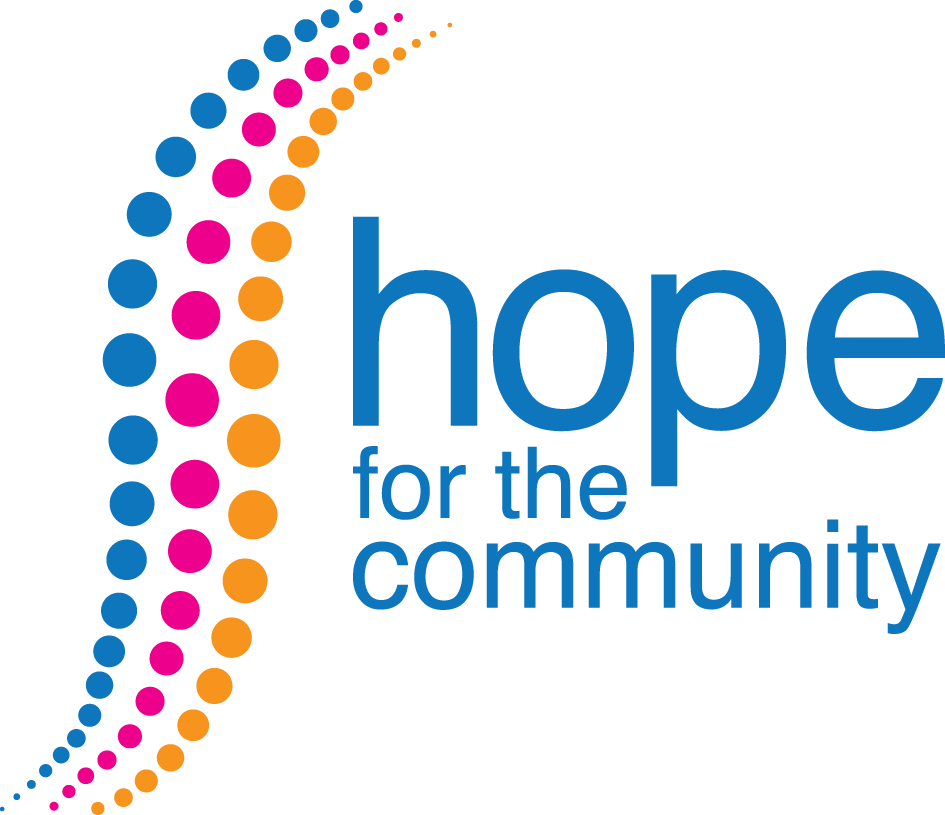VIDEOS
Hope For The Community Launch
Celebrating our success in receiving a cash boost of £10,000 from the Big Lottery Awards for All scheme to deliver and further develop HOPE programme which supports parents and caregivers of children on the autistic spectrum. Nearly 100 people - parents, children, volunteers, commissioners and academics came to celebrate with us and learn about our latest course.
Hope talks
Parent caregivers Autism course facilitators, Tina and Wendy talk about their experiences answering the question "What changes do you see in HOPE participants from week 1 to week 6?"
The story of gratitude...
A brief story of HOPE 4 The Community and upcoming dates for H4C #gratitudewall tour
Culture and arts
Autism stories - Writing gyms
Part of the build up to Coventry's City of Culture 2021 we organised writing gyms (mental workout to get words on a page) in partnership with Theatre Absolute. Video by Jon Randle of Mindriot Productions.
Godiva Festival video
Prof Andy Turner and Dr Gemma Pearce featured in Coventry University's community work video promoting its community work and Godiva Festival 2017 where we first showcased our Gratitude Wall Community Art project.
In the HOPE of…
2D hand-drawn cell animation based on a poem "Learn from Yesterday, Live for Today, Hope for Tomorrow" by Sue Mason, cancer survivor and HOPE facilitator from the Wirrall. This poem narrates Sue's experience as a cancer survivor and also a mentor on HOPE self-management course. Created by Yasaman Attarzadeh, Coventry University MA Illustration & Animation student. In the HOPE of is a
our Research
West Midlands Health Informatics Network
eHOPE: Online Self Management support for people living with a long term condition including dementia
European Medical Journal - Video Journal of Oncology
Developing a self-management programme to support prostate and testicular cancer survivors. At the United Kingdom Oncology Nursing Society Annual Conference 2015, Andrew Turner, PhD, from Coventry University, discusses a qualitative study of the self-management needs of men who have survived prostate and testicular cancer for the development of iHOPE, a web-based, self-management programme.

